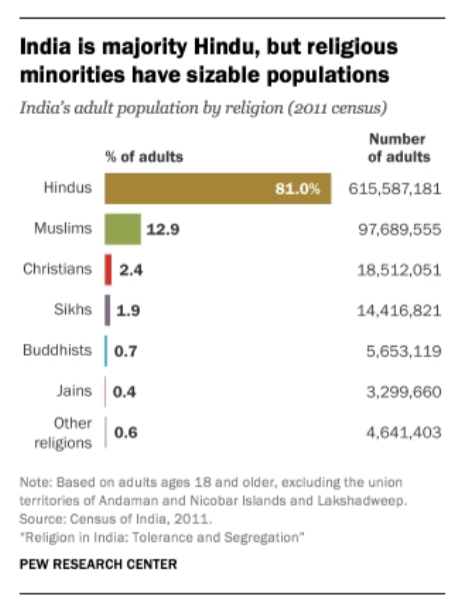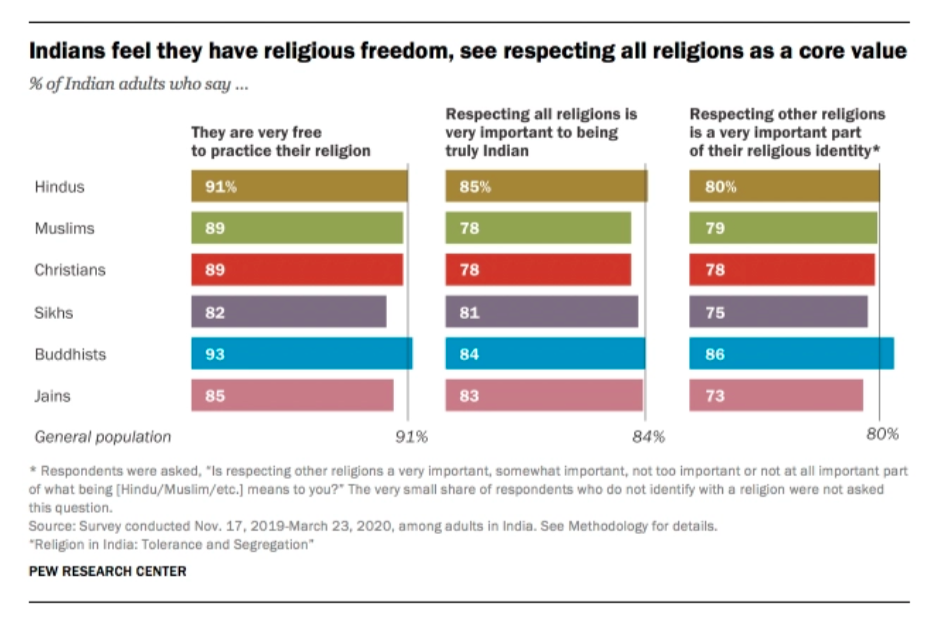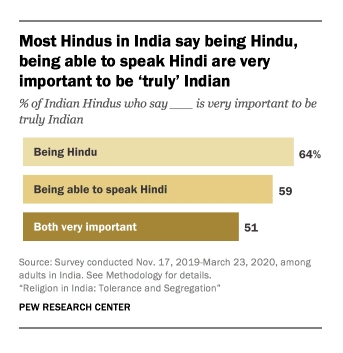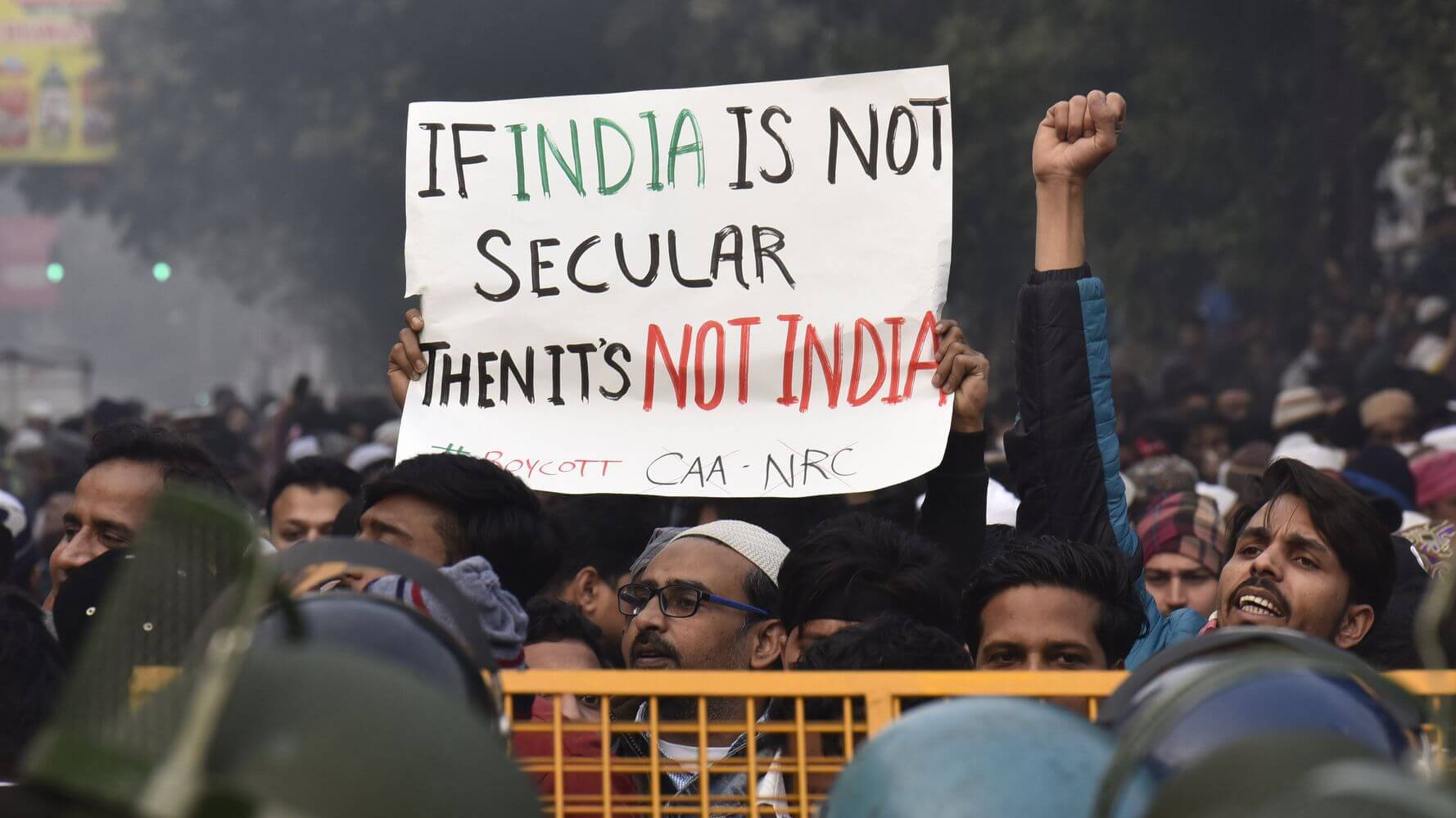The United States-based Pew Research Centre published a survey titled “Religion in India: Tolerance and Segregation” to understand the impact of religious sentiments across India. The survey is based on in-person interviews between 2019 and 2020 with around 30,000 adults in 17 languages.
The report, published in June, stated that a majority felt India had successfully achieved a society that allows individuals to live and practice their religions freely. Moreover, it said that the Indian population is “diverse as well as devout.” While having a Hindu majority, it also houses one of the largest Muslim populations in the world, along with significant numbers of other religious communities, including Jains, Sikhs, Christians, and Buddhists.

The report also concluded that religious tolerance is a critical value for Indian society, and this belief was seen across religious lines.

However, despite belief in secularism and religious tolerance, religious communities continue to think that they don’t have much in common. For instance, 66% of Hindus said they find themselves to be very different from Muslims. On the other hand, 64% of the Muslim interviewees echoed a similar sentiment. However, a majority of Jains and Sikhs believed they are very similar to Hindus.
Concerningly, this is reflected in “traditions and habits,” the report states. For instance, inter-religious marriages and religious conversions are extremely rare. Furthermore, preventing religious intermarriage remains a high priority among Hindus and Muslims, with most believing that it is more important to stop women from marrying outside their religion than men. The report added that this has resulted in individuals forming friend circles and neighbourhoods according to religion. Although the sentiments may seem paradoxical, the report states that Indians “live together separately.” Consequently, the report concludes that while certain countries aim to achieve a “melting pot of different religious identities”, Indians prefer “a patchwork fabric, with clear lines between groups.”
In addition, the report highlighted that since the induction of the Bharatiya Janata Party (BJP) leader Narendra Modi as Prime Minister, there has been an intertwining of religious identity with national identity. In this regard, during the survey, 64% interviewees said that it was “very important to be Hindu to be ‘truly’ Indian.” A majority of the Indians also said that speaking Hindi was a critical part of the Indian national identity. The report suggested that this results from the Hindu nationalist ideology promoted by the Indian premier and his party.

Referring to several communal clashes witnessed in India, the report elaborated on the “historically complicated relationship” between the Hindu majority and the Muslim community. It said, “The two communities generally have lived side by side peacefully for centuries, but their shared history also is checkered by civil unrest and violence.” However, a majority of the Muslim population (85%) said that while “Indian people are not perfect .. Indian culture is superior to others.”
Meanwhile, only a small number of Muslims (24%) faced “a lot” of discrimination in India. This number was similar to the number of Hindus (21%) who felt the same. In addition, a majority of the Muslims said that they would prefer to have access to their religious courts to resolve “family and inheritance-related” conflicts. These courts, they said, would ideally be supervised by religious magistrates and follow Sharia law.
The full report can be accessed here.

